Airbnb and other vacation rental sites are having a tough time in Florida as the state’s senate passes a legislative proposal that gives state authorities regulatory powers over the short-term rental market.
However, local officials in Florida fear that this measure won’t resolve the main conflict that has existed for years in their communities.
Florida’s New Short-Term Rental Bill
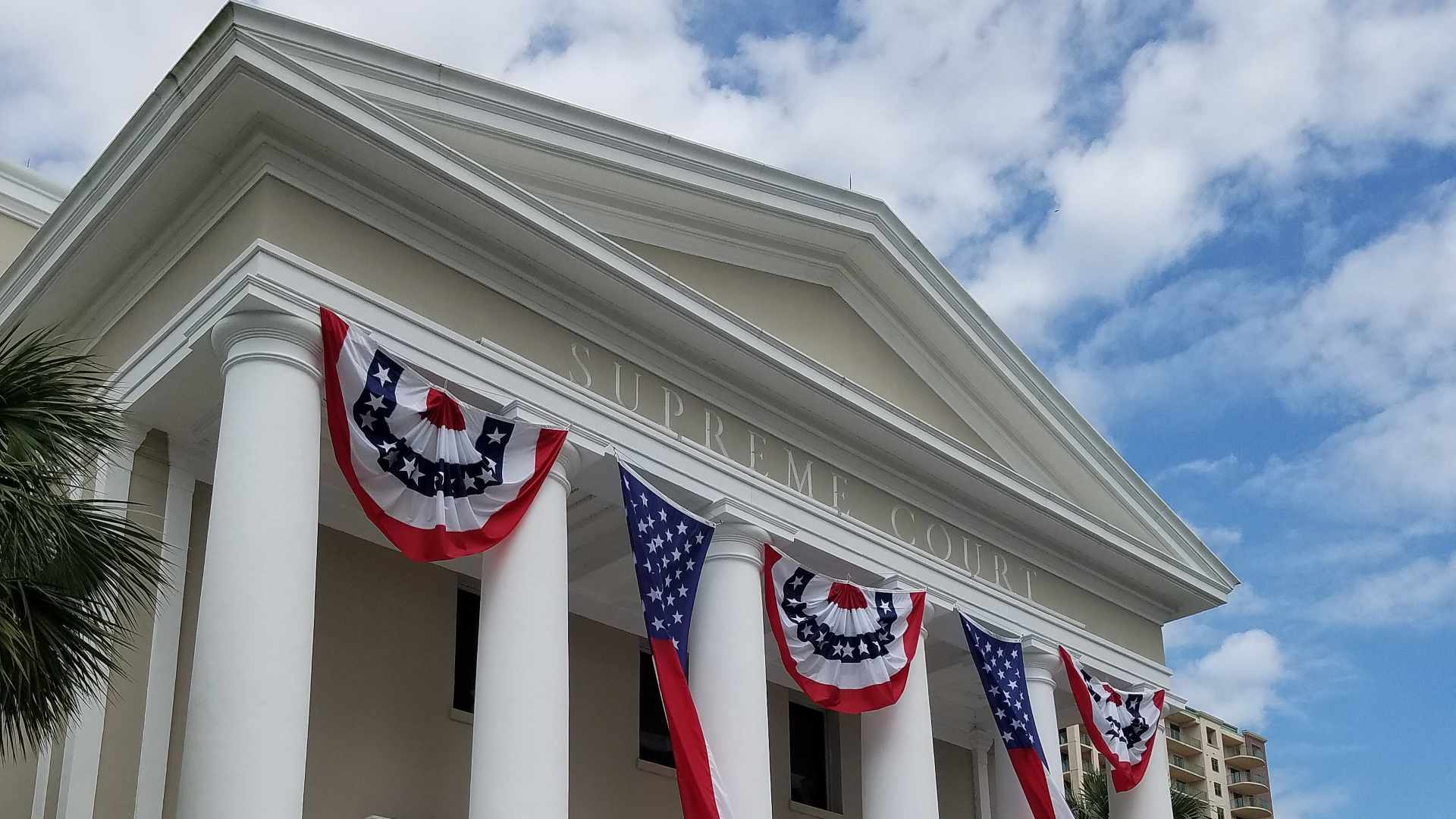
The Florida State Senate passed a measure (SB 280) that regulates short-term statewide vacation rentals approved since 2016. Any rentals that pre-existed on that date would remain unaffected.
This legislative action aims to standardize regulations across the state on rentals from companies like Airbnb and Vrbo, giving oversight power to the state rather than the local government.
The New Rules for Florida Airbnbs
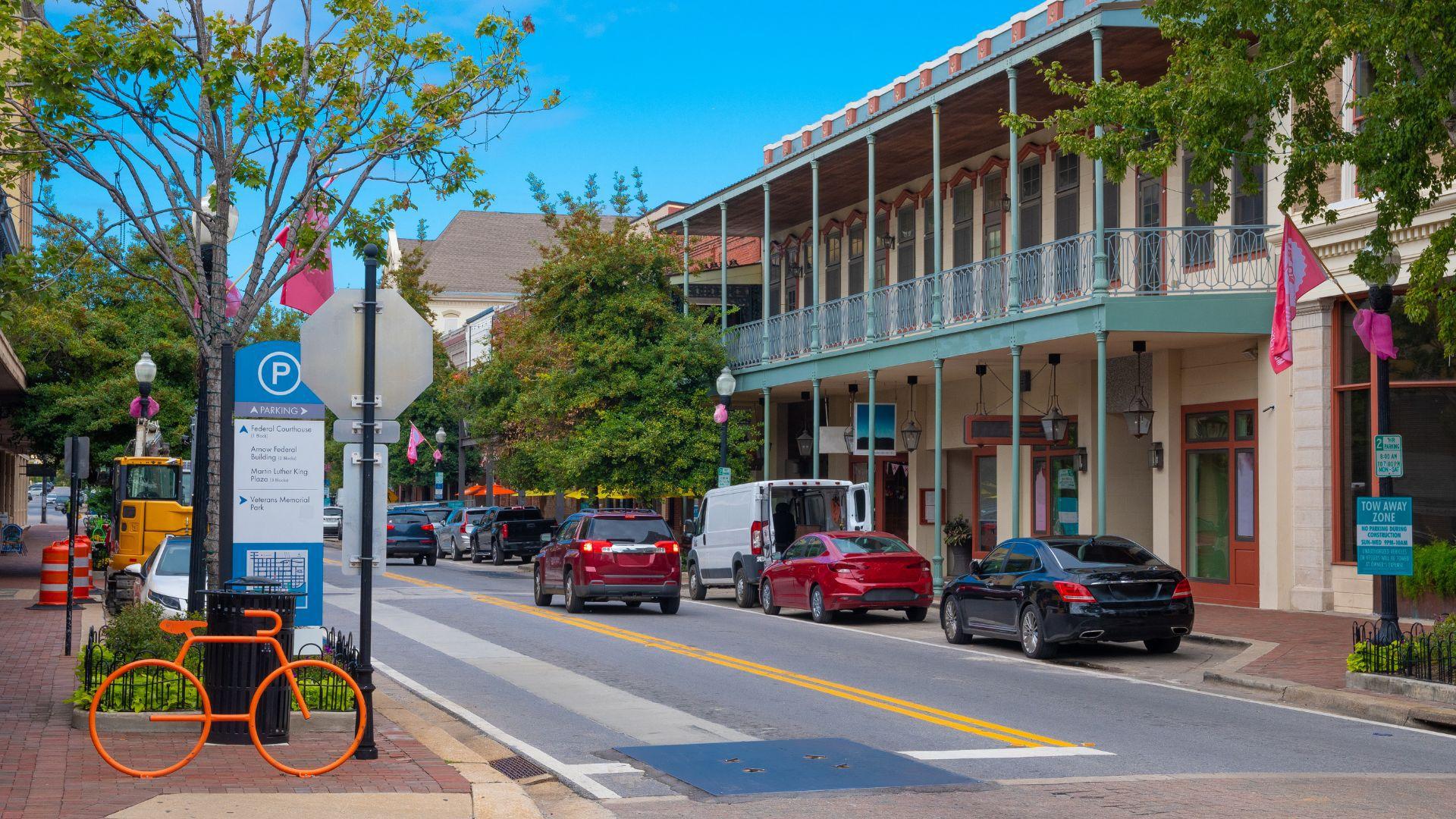
Under the new measure, the maximum overnight occupancy of a vacation rental cannot exceed two persons per bedroom, plus an additional two persons in a common area.
If property owners violate these rules, they have up to 15 days to rectify the issue. However, critics like South Florida Democratic Sen. Jason Pizzo argue that renters could already have left by the time the problem is being addressed.
Streamlining Short-Term Rentals
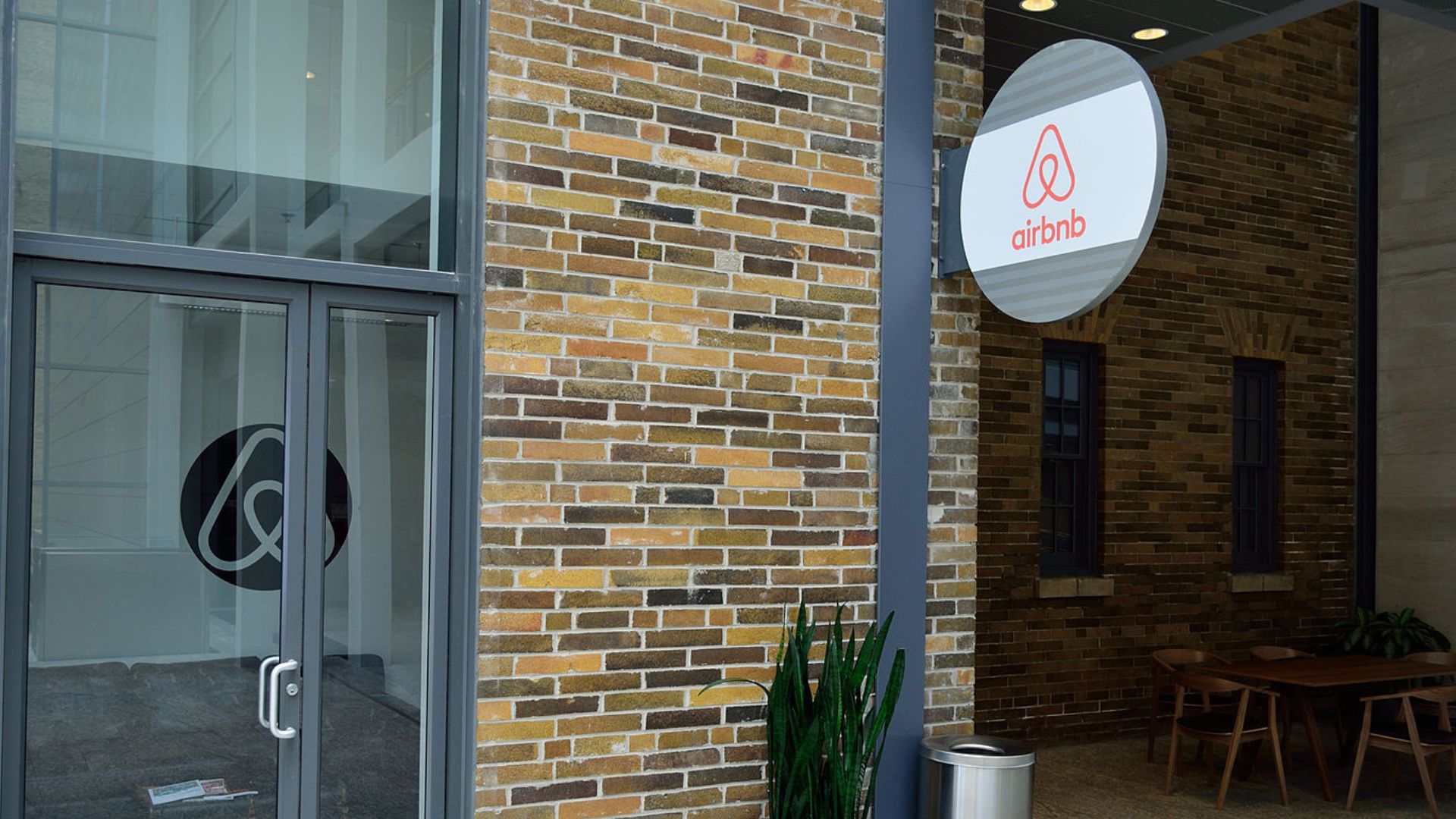
The bill also allows local governments to charge a “reasonable fee” to a vacation rental owner if they want to register the property. If the property owner has a problem with the registration process, they could be fined up to $500.
Platforms and operators, such as Airbnb and Vrbo, must collect and remit taxes on behalf of the county where the rental property is located, streamlining the tax collection process for short-term rentals.
Protecting Residents and Renters
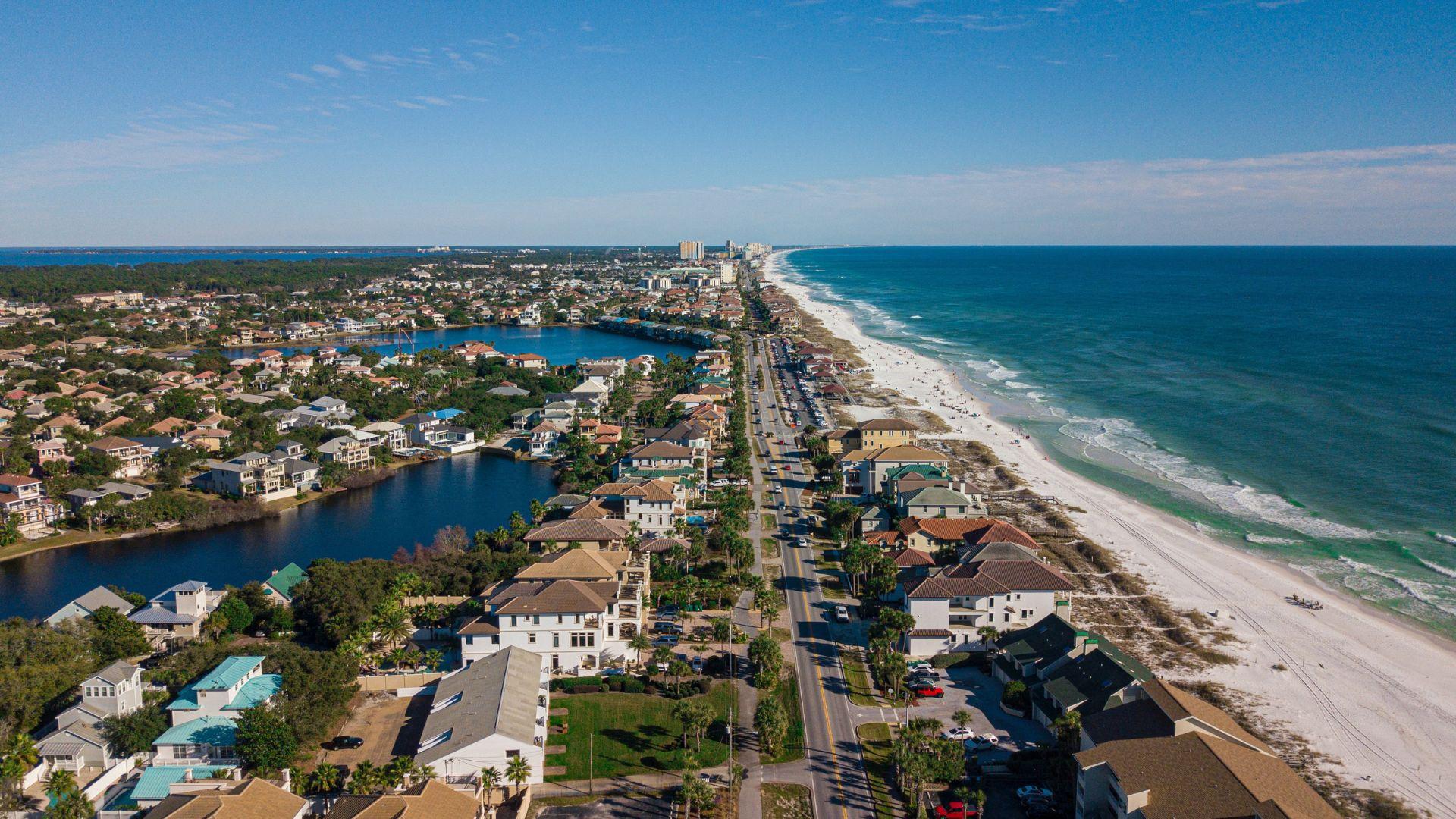
This requirement will ensure the prompt addressing of any issues without involving local authorities, thereby improving the experience for renters and addressing the concerns of neighboring residents.
Criticisms of the New Bill
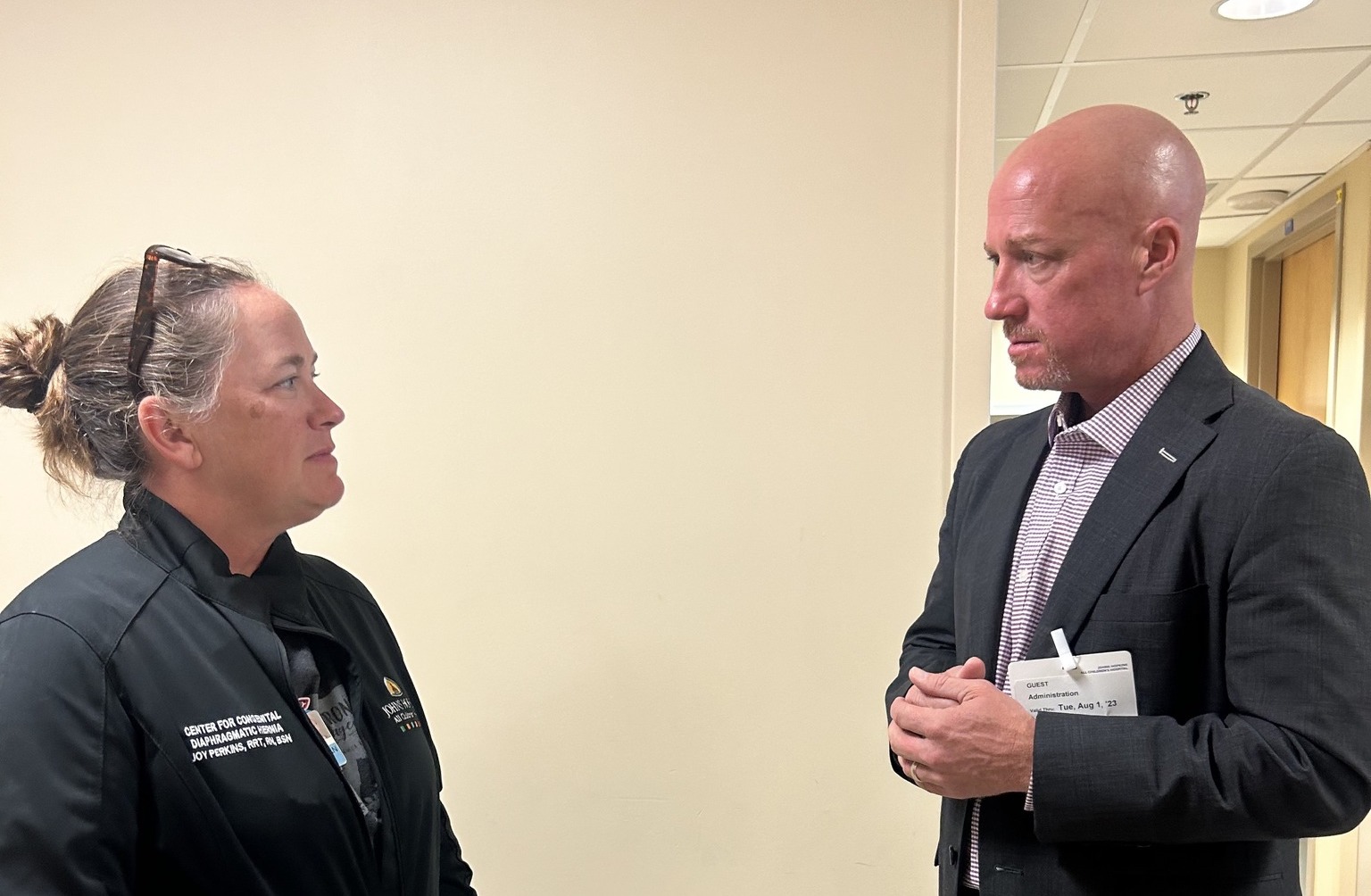
Pinellas County Republican Nick DiCeglie said that the legislation is “fair and balanced” in approach to issues that have divided residential communities, where these rentals are located and the rights of property owners (via Florida Phoenix).
However, some communities in Florida are concerned about one major issue that has been affecting residents for years, and has been used by local governments “as a weapon to stop vacation rentals from operating at all.”
The “Fundamental Problem”
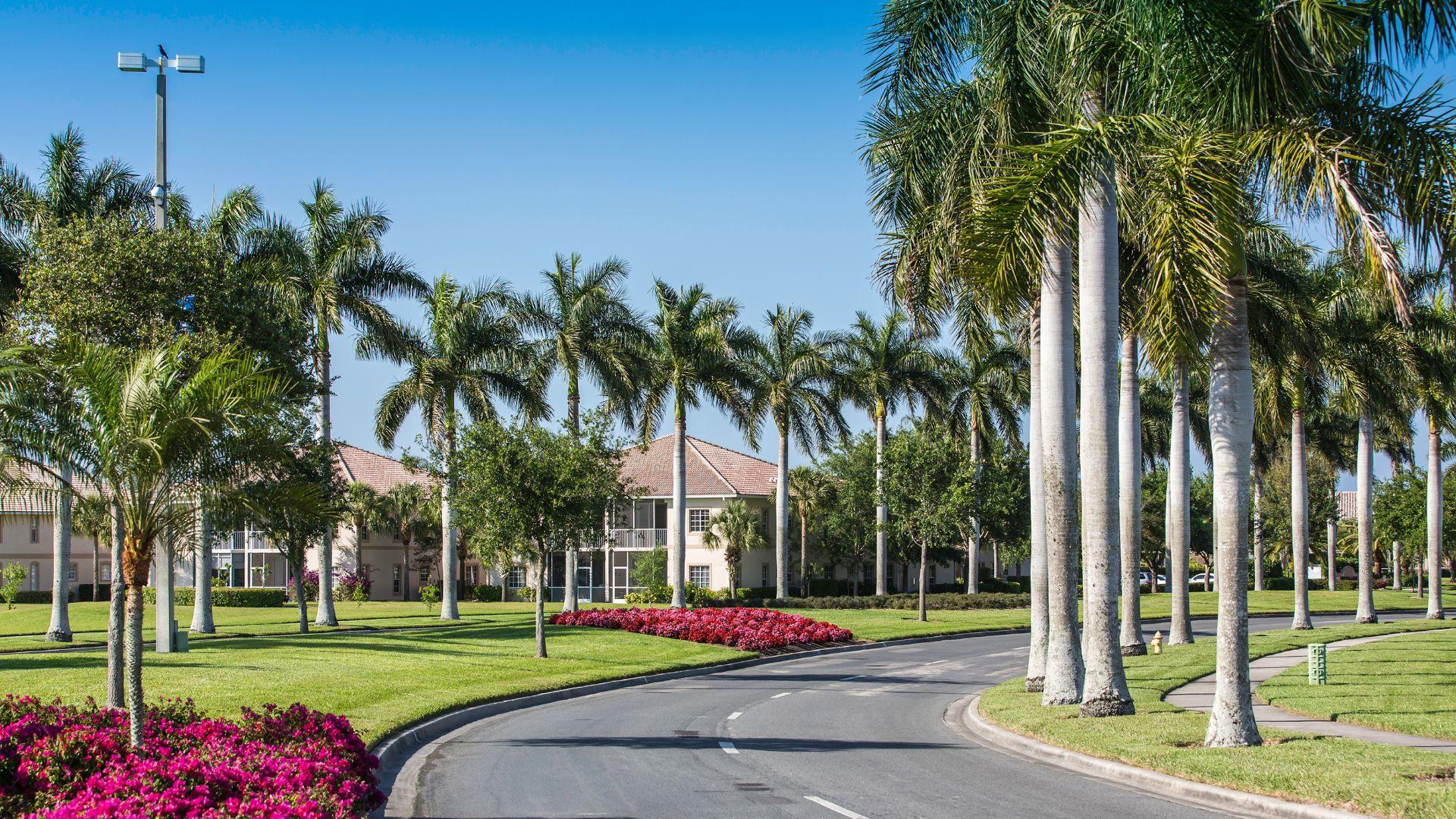
DiCeglie states that he has a “fundamental problem” with local governments that have been preventing local ordinances that allow property owners to turn homes into vacation rentals.
The short-term vacation rental market makes up a significant component of Florida’s tourism industry, attracting over 100 million American tourists each year since 2019. Where the rentals are and are not allowed could heavily impact a person’s income.
Short-Term Rentals Impact Florida’s Economy

The new regulations protect residents and property owners while streamlining the tax process, but it doesn’t allow property owners to battle against local regulations that could prohibit them from creating a short-term rental.
Zoning Mandates Are “Impossible”

Broward County Democratic Sen. Tina Polsky said that creating a state-mandated law that determines where people could establish Airbnbs would be impossible.
The goal of the bill was to balance the rights of everyone living in the areas with vacation rentals rather than take power away from local governments.
Finding the Right Balance
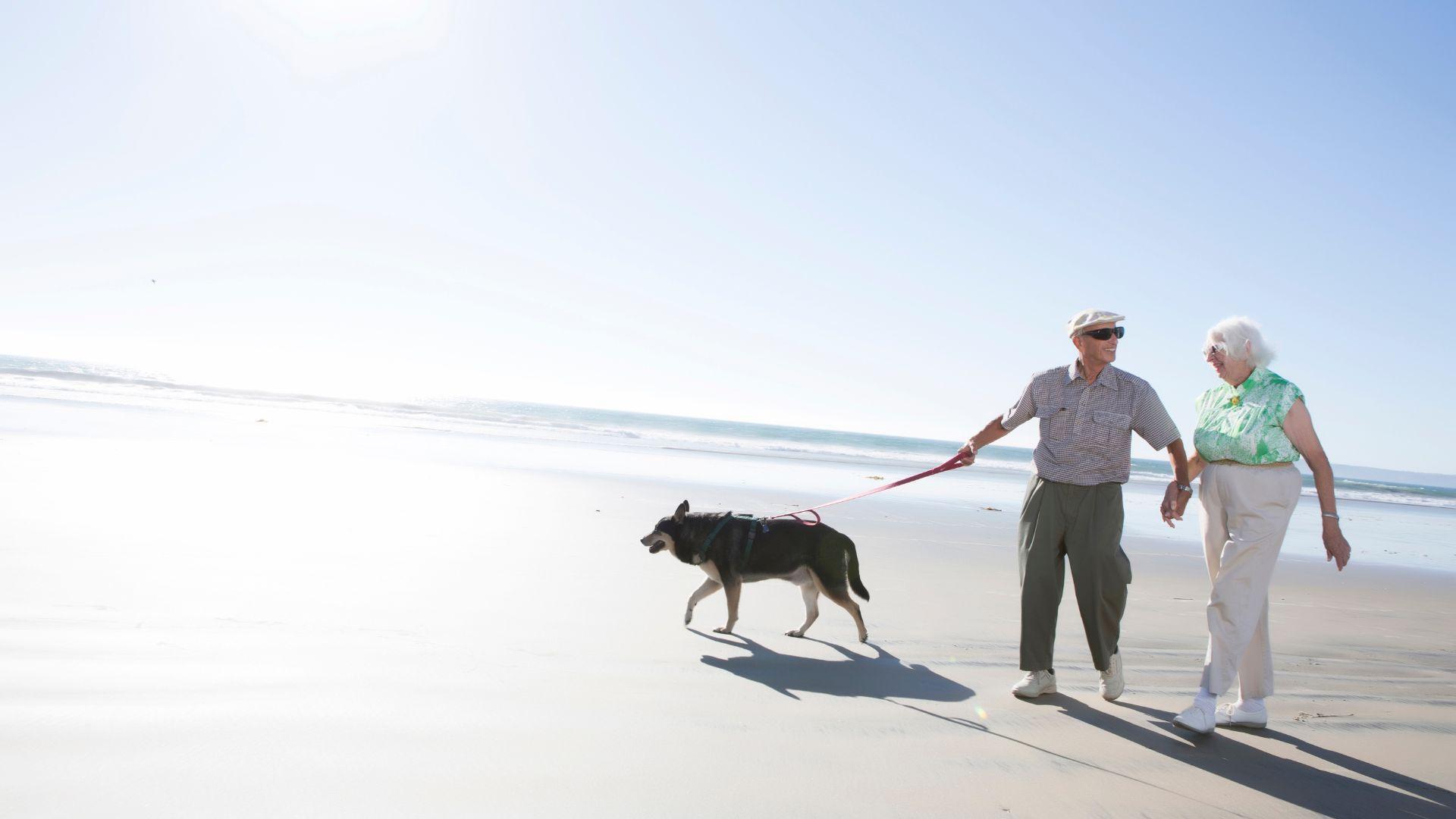
“You talk about the property rights of people,” Polsky said. “I get it…but equally so are the rights of people who buy the house next door, who expect it to be quiet and peaceful and raise their family there.
Polsky continued: “And so how do you ever come up with the right balance in a state this size? You can’t. And that’s why, like so many other things, you shouldn’t preempt local government.”
A Growing Problem
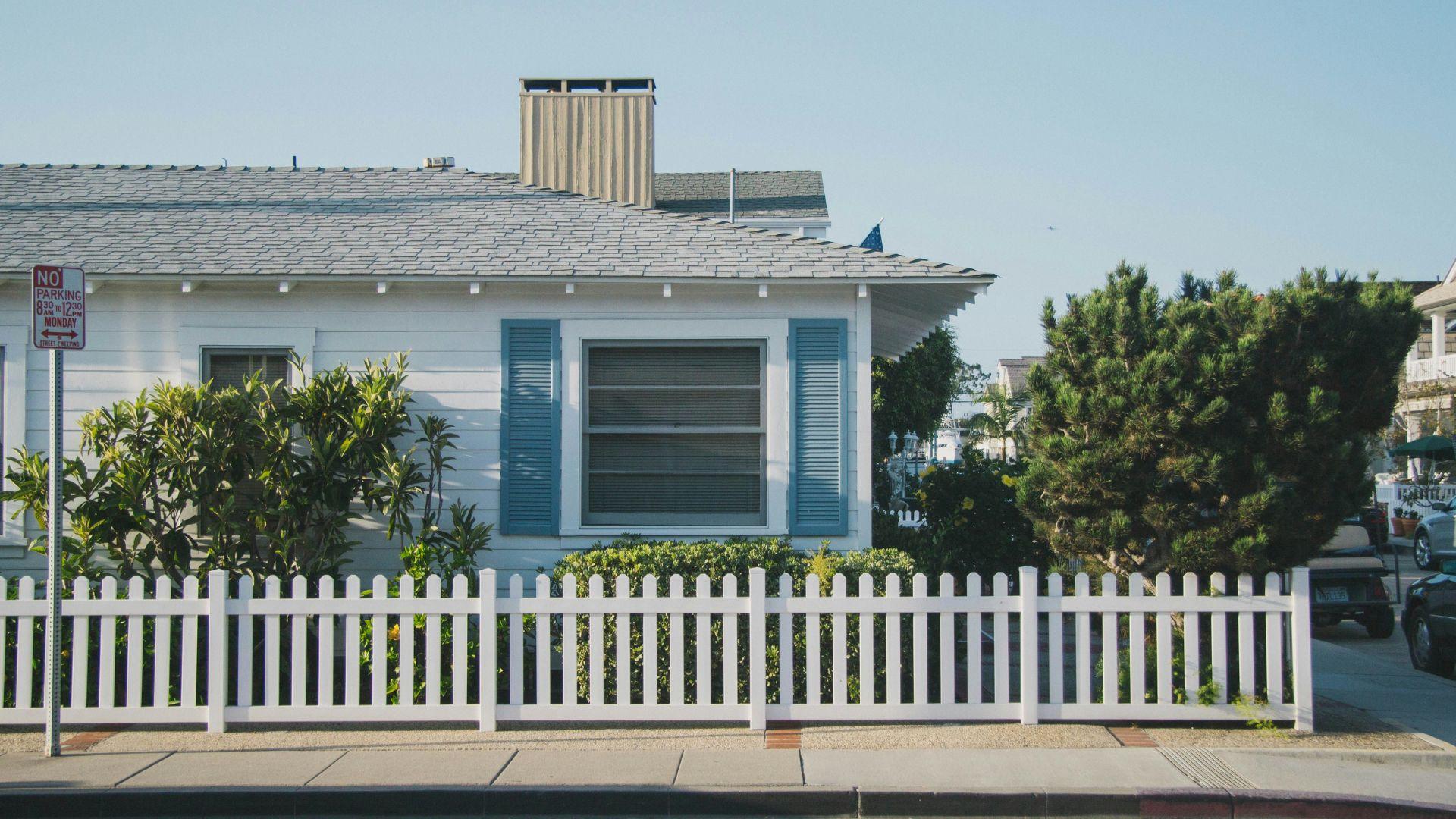
Short-term rentals have become a zoning problem for many communities in Florida. State lawmakers have brushed aside these issues, which have been brought before them, in favor of implementing other regulations on said rentals.
“It’s an assault on single-family zoning,” Melbourne Beach mayor Alison Dennington said. “In my area, we have Democrats and Republicans and No-Party and independents, and I can tell you the only thing that they agree with, and all of them are pissed off about is the fact that we can’t regulate short-term rentals.”
Floridians Push for New Legislation
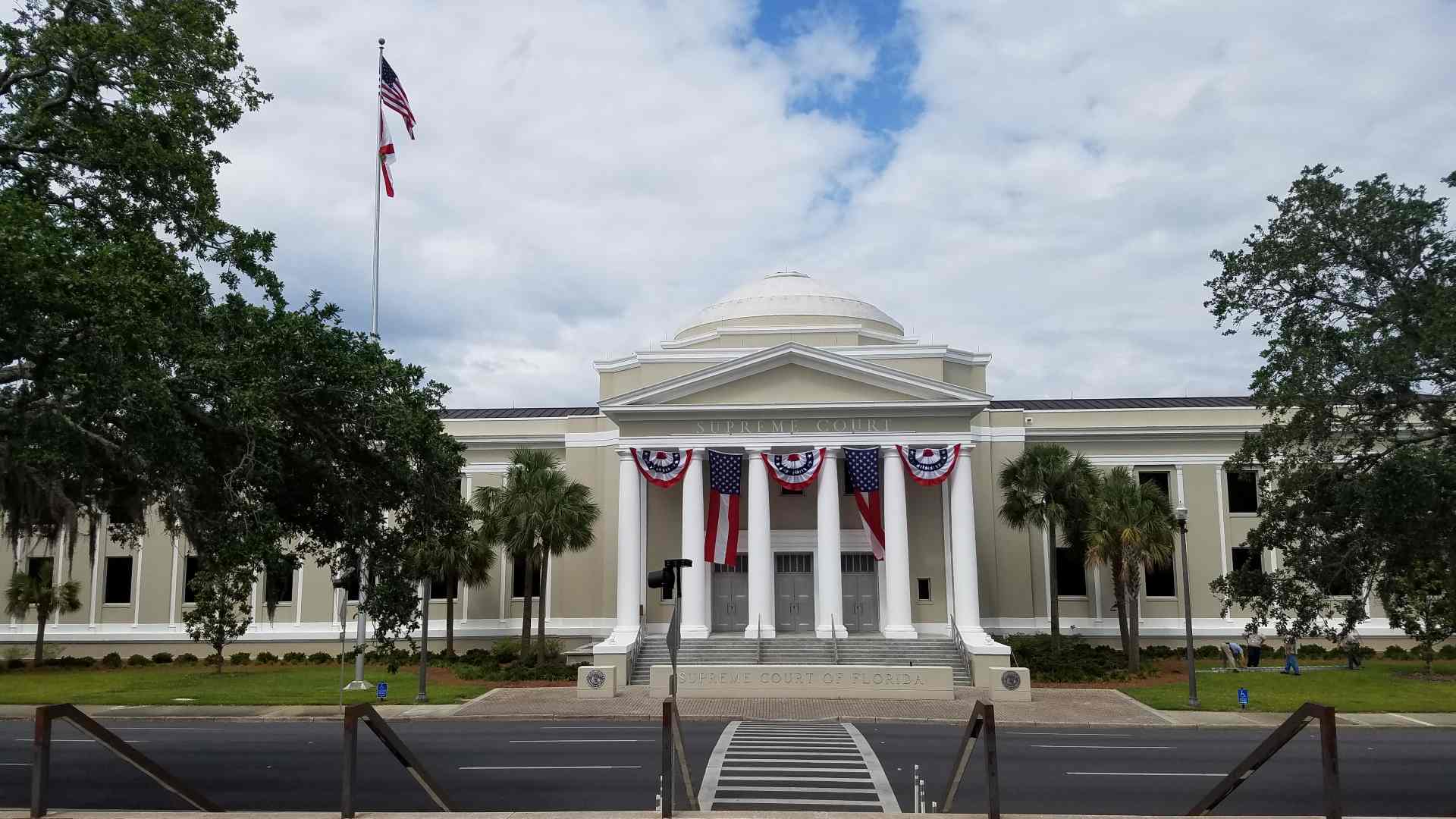
As businesses and banks buy these Florida homes in single-family residential neighborhoods to create commercial short-term rentals, the fight to protect the community might fall into the hands of the residents.
